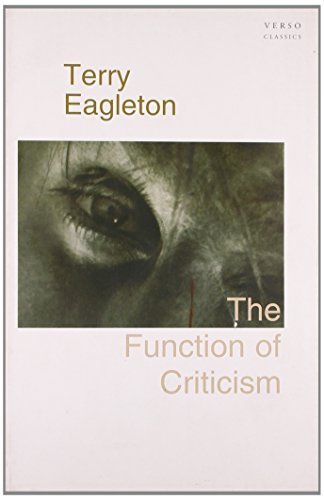What do you think?
Rate this book


110 pages, Paperback
Published January 1, 1984
The role of the contemporary critic, then, is a traditional one. The point of the present essay is to recall criticism to its traditional role, not to invent some fashionable new function for it.